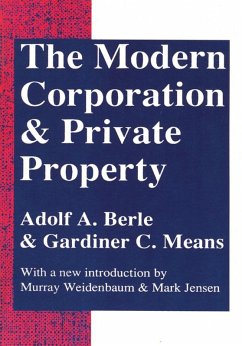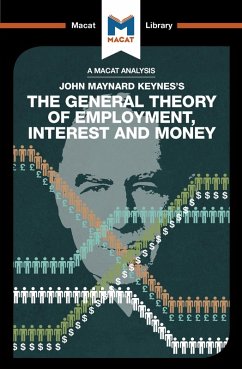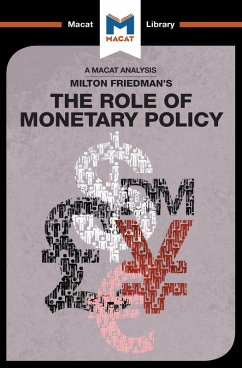The book's most enduring theme is the separation of ownership from control of the modern corporation and its consequences. Berle and Means display keen awareness of the divergent interests of directors and managers, and of each from owners of the firm. Among their predictions are the characteristic increase in size of the modem corporation and concentration of the economy. The authors view stock exchanges and stock markets as essential by-products of the rise of the modem corporation, and explore how these function. They address the difficult questions of whether corporations operate for the benefit of owners or managers, and explore what motivates managers to make effective use of corporate assets. Finally, they examine the role of the corporation as the prevailing form of organizing the production and distribution of goods and services.
In their new introduction, Weidenbaum and Jensen, co-directors of the Center for the Study of American Business at Washington University, critically assess the impact of developments not fully anticipated by Berle and Means, such as the rise of the service sector, and the significant role played by institutional investors in the owner/manager equation. They note the authors' prescient observations, including the complex role of and motivating influences on professional managers, and the significance of inside informatio
Dieser Download kann aus rechtlichen Gründen nur mit Rechnungsadresse in A, B, BG, CY, CZ, D, DK, EW, E, FIN, F, GR, HR, H, IRL, I, LT, L, LR, M, NL, PL, P, R, S, SLO, SK ausgeliefert werden.









